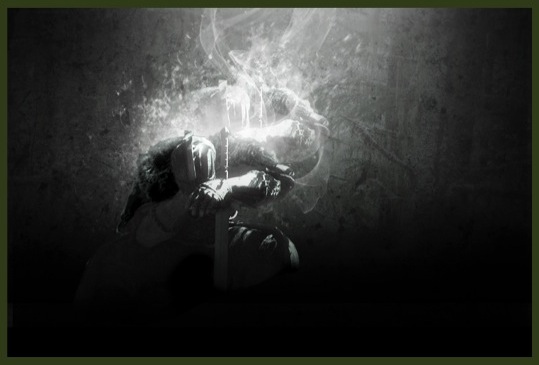I do rather sporadic genealogy research, but I’ve been doing it on and off since I was about 13 so I’ve got some lines a long way back. I generally follow one surname back as far as I can, filling in the maternal lines but concentrating on the paternal surname. It’s not that the maternal lines are unimportant. Quite the contrary, but it’s too chaotic to bounce back and forth. Once I’ve reached a dead end on one name, I circle back trace the maternal lines all the way back until they run out. Often, the best you can do is get the bare bones facts of these people’s lives, but every once in a while you come across a more substantial bit of information in the historical records.
Take, for example, a certain captain of militia ancestor of mine, Capt. James Pennock. He was a Vermonter and died at the age of 39 at the Battle of Bemis Heights in Saratoga New York in 1777. He left behind 14 children. I Apparently, he and his wife got started a few years before their marriage, too, if the marriage date I have is correct. That far back, it’s sometimes hard to tell what records are correct.
He’s buried somewhere in the land around Saratoga. That battle didn’t allow for neat rows and marked graves. They just buried them where they could and in something of a panic. And I’m sorry for that, for my ancestor and all those other fallen who deserved more respect.
But I keep thinking about that poor woman trying to raise 14 kids on her own. Maybe she was relieved her husband was gone and not getting her pregnant anymore? I know she waited 27 years to remarry (to a widower), after she was safely past childbearing age. Can’t say as I blame her. She and her new husband were married 7 years until her death in 1811. I hope they were happy, peaceful years for her. I feel an unaccountable tenderness for this strong Vermonter woman. For all those hardy women of the past who bore so much and got so little credit.
As it turns out my “glorious ancestor” who died at Saratoga was a Loyalist fighting with General Burgoyne. At least before going off to die he secreted his family away from their home in Strafford, Vermont (a divided town) to Margaret’s parents in Connecticut so she wouldn’t be harassed by the Committee of Safety and the Sons of Liberty. The family lost everything, their farms that they had painfully eked out of raw wilderness, and some fled to Canada. Heroic Margaret stayed, and made the best life she and her children could have in the new country.
I’ve been musing about history a lot in the last couple of days, of who gets written about and who does not. Often, that’s the men because their deeds are thought of as being more important. Capt. Pennock may have fought on the “wrong” side in the Revolutionary War, part of the brutal retreat of the Colonials from Fort Ticonderoga, pursued and harassed by General Burgoyne’s troops and his allied Indians, written about so memorably in Diana Gabaldon’s An Echo In the Bone.
Burgoyne’s troops fought on until the Colonials turned the tide on them. That’s when James died, on the same day as General Simon Fraser. James and his brother William, it’s said, were killed by the same bullet. He lost another brother that day, but his 18-year-old son survived to go back home to Strafford, VT. And how do I know all this? Because it was written about, of course.
I don’t minimize James’s sacrifice—he fought for what he believed would be best for his family. James deserves to have his story told. But so do those who are left behind, like his wife, Margaret Seeley Pennock. Unless those left behind manage to get themselves scalped or otherwise made victims of war crimes, they are seldom written about. The super heroic feat of picking up the pieces after chaos and destruction and somehow going on with ordinary life are rarely the stuff of history. I know only the bare bones of Margaret’s life, those details of marriage, of (prodigious) births, of death. I want to know how that woman did it, how she wrested a life for her and her 14 children after being left behind in the midst of shambles and privation. That’s most equally a story history should write. And yet it rarely does. Except maybe in the pages of fiction. Because at this point, conjecture and bare bones are all I have for her.
Thank you, Margaret, for prevailing.


